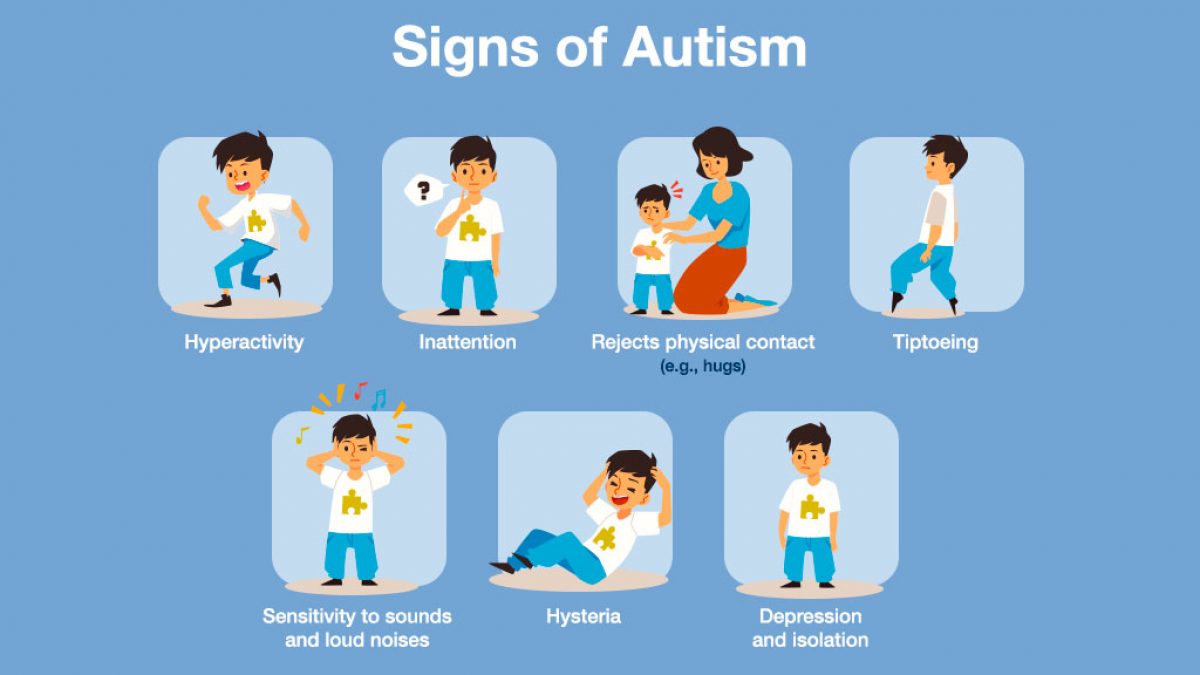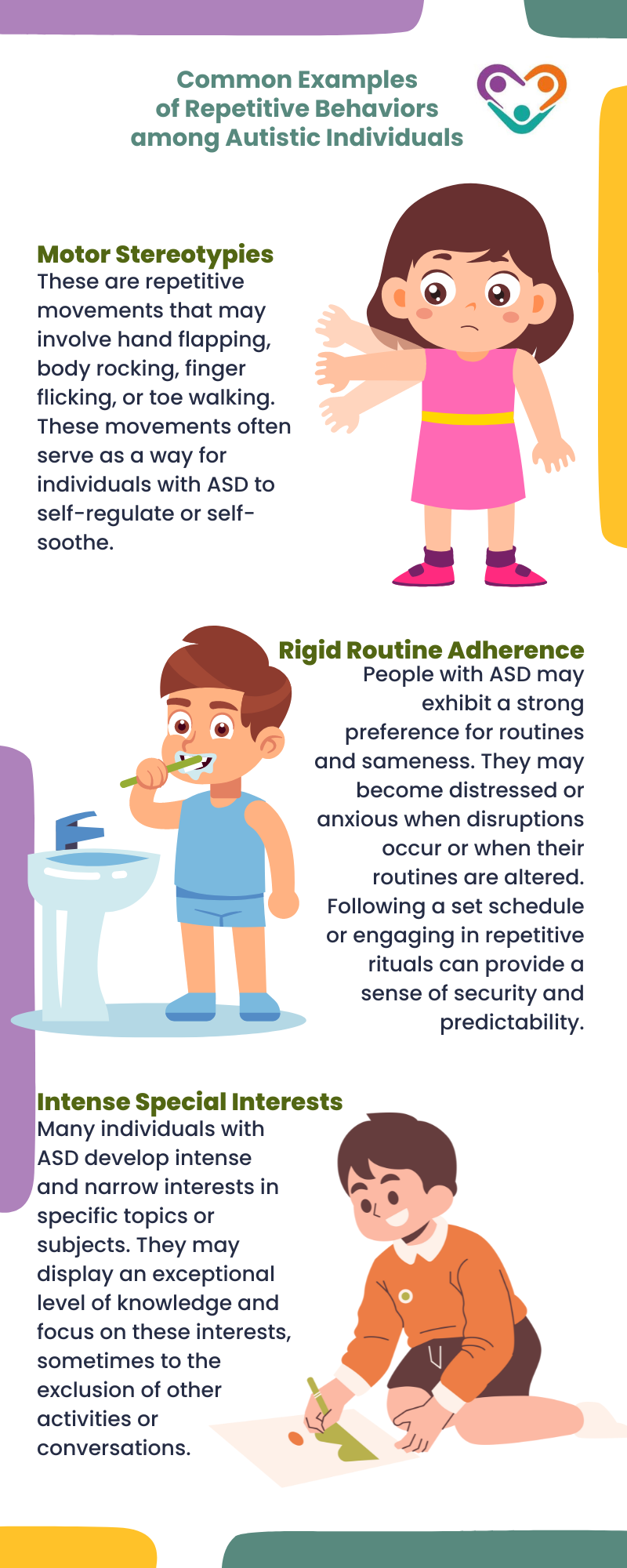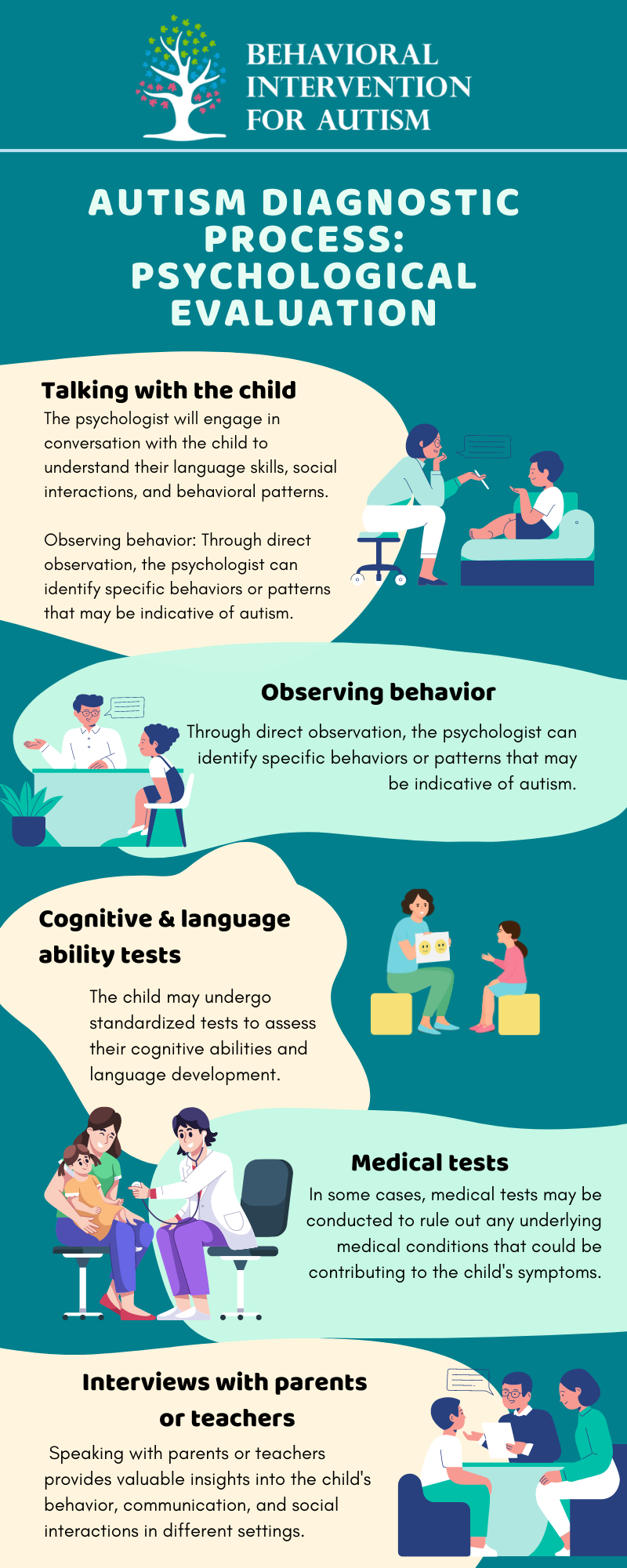Comprehending the Impact of Behavioral Autism on Every Day Life and Social Interactions
You could not recognize exactly how deeply behavioral autism impacts everyday life and social communications. Individuals on the range usually navigate a globe filled up with communication hurdles and sensory overload. These difficulties can lead to aggravation and seclusion, impacting their connections and total well-being.
Specifying Behavioral Autism and Its Attributes
Behavior autism, commonly referred to as autism range disorder (ASD), includes a range of conditions defined by obstacles in social interaction, communication, and recurring behaviors. You may discover that people with ASD frequently battle to interpret social hints, which can result in misconceptions in discussions. They may find it difficult to develop eye contact or participate in little talk, making social circumstances feel overwhelming.
Communication problems can show up in numerous methods, from delayed speech development to a preference for using less words. Recurring actions, such as hand-flapping or rocking, can work as coping systems to handle stress and anxiety or sensory overload. These characteristics can greatly impact life, making it necessary for you to understand and support those with ASD. By acknowledging these attributes, you can cultivate an atmosphere that promotes approval and encourages reliable interaction, aiding people with autism grow in their day-to-day interactions.
The Spectrum of Autism: Recognizing Irregularity in Behavior
Autism spectrum problem (ASD) isn't a one-size-fits-all diagnosis; it differs widely among individuals. You may come across individuals that are extremely verbal and involve quickly in conversations, while others could choose singular tasks or interact non-verbally.
In addition, the means individuals with ASD reply to sensory input can differ significantly; some could be bewildered by bright lights or loud sounds, whereas others prosper in stimulating atmospheres. The spectrum additionally consists of differences in social communications; some individuals might struggle to translate social hints, while others browse social settings with family member ease. Understanding this variability is essential, as it aids you appreciate everyone's one-of-a-kind experience and tailor assistance to their specific requirements, cultivating a more comprehensive environment for everybody.
Interaction Obstacles Faced by Individuals With Autism
When you connect with individuals on the autism range, you may notice their one-of-a-kind communication difficulties. They commonly encounter troubles with both verbal and nonverbal cues, which can affect their social communications. Understanding these barriers is crucial for promoting far better connections and assistance.

Verbal Communication Troubles
Many individuals on the autism spectrum experience spoken communication troubles that can considerably affect their day-to-day communications. You might discover it challenging to express your thoughts, feelings, or requires plainly. This can bring about irritation for both you and those around you, as misconceptions take place. You might fight with starting conversations, preserving a topic, or understanding nuances in speech. Frequently, you might like making use of straightforward language or repetitive phrases, which can restrict your capacity to participate in deeper discussions. Your speed, quantity, or tone may not line up with social expectations, triggering others to misinterpret your objectives. Recognizing these challenges can help you and your assistance network establish methods to enhance communication and foster better links with others in your day-to-day life.
Nonverbal Interaction Barriers
Spoken communication isn't the only obstacle individuals on the autism range face; nonverbal communication obstacles can be just as significant. You might discover it challenging to analyze body language, face expressions, and eye contact, which are essential for efficient communication. These difficulties can bring about misunderstandings or false impressions of social hints, making communications feel frustrating or complex. You might struggle to share your own emotions through nonverbal ways, leaving others not sure of your objectives or sensations. This disconnect can produce sensations of isolation and stress. Identifying these barriers is critical for promoting understanding and empathy in your interactions. By resolving nonverbal interaction, you can discover techniques to boost your social experiences and improve your total lifestyle.
Social Communication Impacts
Social communications can commonly feel frustrating due to the unique communication difficulties faced by people with autism. Recognizing these difficulties can aid you locate strategies to boost communication, such as practicing social skills in safe settings or making use of visual help. Comprehending your requirements allows you to browse social interactions with higher confidence and convenience.
Social Communication and Partnership Building in Autism
While building relationships can be testing for individuals with autism, understanding their distinct viewpoints and communication designs can cultivate meaningful links. You could discover that numerous people on the range prefer straight communication and may have problem with social signs or small talk. By being simple in your communications, you can aid create an atmosphere where they really feel comfortable.
Involving in shared rate of interests can likewise serve as a bridge to much deeper links. Whether it's a pastime, a favored show, or a shared interest, these usual strings can open doors to relationship.
Day-to-day Live Regimen: Browsing Approaches and difficulties
Maneuvering daily life routines can be particularly testing for people with autism, specifically when unexpected changes occur. You might discover convenience in having an organized routine, as it assists you anticipate what's following. It's regular to really feel overwhelmed or check out this site distressed when disturbances happen. To navigate these obstacles, take into consideration implementing visual routines or lists. These tools can provide clearness and peace of mind.
Developing a routine that includes sensory breaks can also be useful. You can intend short breaks throughout your day to recharge. It's necessary to communicate with those around you, allowing them know your needs and choices. This aids develop an understanding environment.
Finally, technique mindfulness techniques to manage tension and anxiousness. Basic breathing exercises or basing techniques can make a substantial distinction. By integrating these approaches, you can enhance your day-to-day routine and minimize disturbances, making life really feel extra workable.
Strengths and Capabilities of People on the Autism Spectrum
Understanding every day life regimens is just one aspect of the autism experience. Several individuals on the autism spectrum have impressive strengths and capabilities that establish them apart. You could locate that your focus to detail is remarkable, permitting you to master jobs that need accuracy and focus. Your capability to think outside package can cause ingenious solutions in different scenarios.
Moreover, your memory abilities frequently radiate, specifically in locations of interest. Aba Therapist. This propensity for keeping info can make you a beneficial resource in areas like art, scientific research, or innovation. You might additionally exhibit solid aesthetic reasoning, enabling you to visualize intricate concepts and solve problems creatively
Additionally, your one-of-a-kind point of view on the globe can cultivate compassion and understanding in others, improving social communications. Accepting these strengths not only boosts your confidence yet likewise assists others value the varied talents you give the table.
Producing Comprehensive Environments for People With Autism
Producing comprehensive settings for individuals with autism begins with making sensory-friendly spaces that cater to their distinct demands. You can also promote opportunities for social interaction, aiding to develop relationships and links. By making these adjustments, you'll add to a much more inviting atmosphere for every person.
Designing Sensory-Friendly Spaces
While creating sensory-friendly rooms, it's essential to mirror on the one-of-a-kind requirements of people with autism. Incorporate silent areas where people can pull back and recharge when bewildered. Consist of visual schedules or clear signs to assist people navigate the space with confidence.
Promoting Social Communication Opportunities
Creating sensory-friendly spaces not just addresses private convenience however also establishes the phase for significant social interactions amongst people with autism. To promote these communications, produce comprehensive atmospheres that welcome involvement. Organize organized activities, like art courses or group video games, that encourage cooperation without overwhelming sensory input. Use aesthetic help and clear interaction to aid everybody involve comfortably. Motivate peer mentoring, combining individuals with autism with supportive peers who can assist them through social scenarios. In addition, take into consideration hosting regular area occasions that commemorate neurodiversity, promoting approval and understanding amongst all individuals. By executing these approaches, you can boost social possibilities, helping individuals with autism develop friendships and strengthen their social skills in a risk-free, inviting atmosphere. weblink

Often Asked Questions
Just How Can Pals Assistance Somebody With Behavioral Autism?
You can support a friend with behavior autism by being person, listening actively, and valuing their boundaries. Take part in activities they appreciate, interact openly, and develop a comfortable environment where they feel valued and comprehended.
What Resources Are Available for Parents of Children With Autism?
You can explore numerous sources for moms and dads of children with autism, consisting of assistance teams, educational web sites, and local neighborhood services. Getting in touch with other parents can also provide useful insights and shared experiences to aid navigate challenges.
Can Behavioral Autism Change Over Time?

Yes, behavioral sites autism can change in time. You may observe changes in communication, social skills, and habits as your kid expands. Early treatment and support commonly play crucial functions in these developmental modifications.
Just How Do Sensory Level Of Sensitivities Influence Day-to-day Live?
Sensory level of sensitivities can make day-to-day experiences overwhelming. You might battle with brilliant lights or loud sounds, resulting in anxiety or avoidance. Locating environments that fit your needs can significantly enhance your comfort and general day-to-day life.
What Are Typical Misconceptions Regarding Behavioral Autism?
You could think behavioral autism just impacts interaction abilities, yet it's even more facility. Numerous assume individuals lack empathy or knowledge, which isn't real. Understanding these misunderstandings helps foster approval and support for those on the spectrum.
Behavioral autism, typically referred to as autism spectrum condition (ASD), includes a range of conditions characterized by difficulties in social communication, interaction, and repetitive habits.Social communications can usually feel overwhelming due to the distinct interaction difficulties encountered by people with autism.Designing sensory-friendly spaces not only addresses specific comfort however additionally sets the stage for significant social interactions amongst individuals with autism. Encourage peer mentoring, matching people with autism with helpful peers that can direct them through social circumstances. By carrying out these approaches, you can enhance social possibilities, helping individuals with autism develop friendships and reinforce their social skills in a secure, inviting environment.